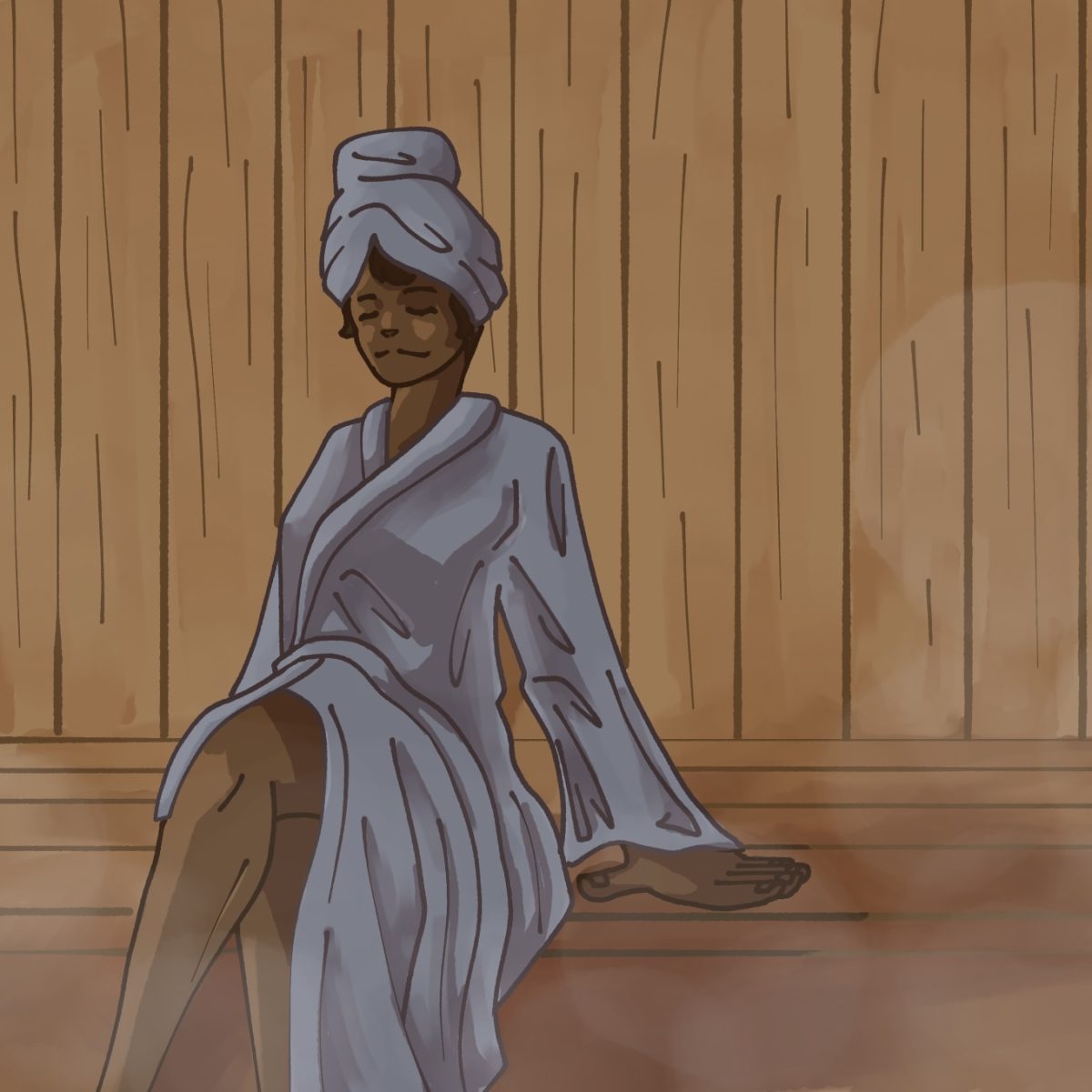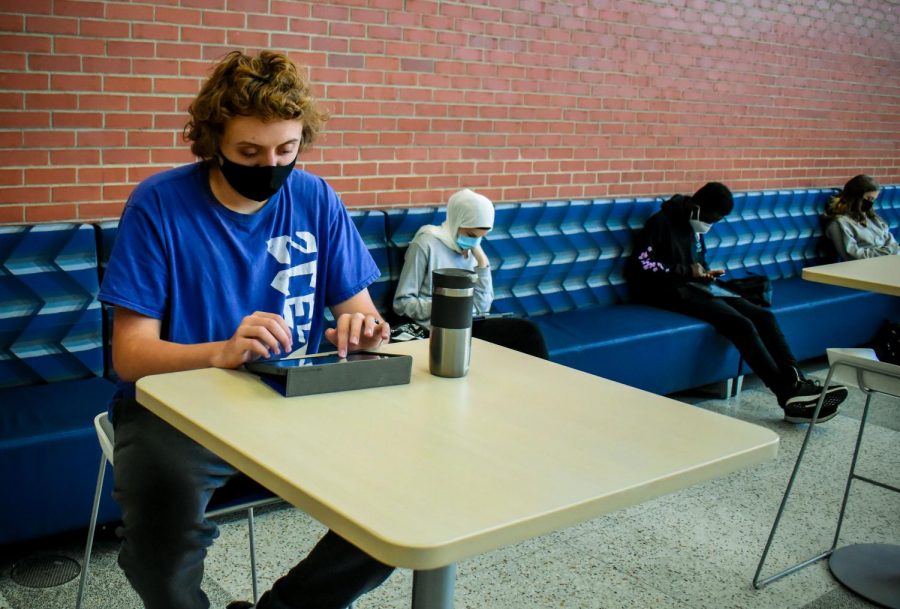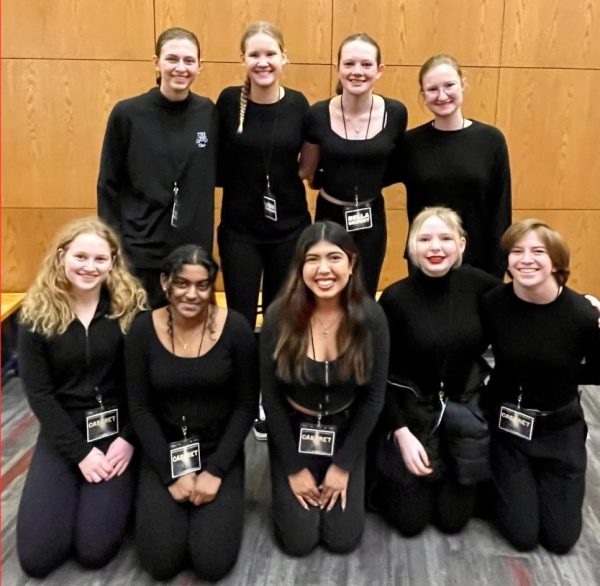How Online School Has Affected Social Interaction
October 30, 2020
Lonely? You’re Not the Only One.
Many Minnetonka students have been craving social interaction with their friends lately. Although we’ve increasingly relied on FaceTime, texting and sending funny videos back and forth to keep up relationships, most of us would agree they aren’t perfect replacements for face-to-face contact with our friends, classmates and club groups. With the continuation of online school, students need to find a way to deal with limited social interaction. How does it affect our social lives and mental health, and what can we do to work around it?
Claire Acheson, ‘22, says forming new connections has been especially difficult in her online classes.
“It’s mainly hard […] to make new friends or communicate with friends you don’t talk to as much,” Acheson said.
Many students agree. In class, we are able to converse and connect with our peers, but online school has made it more difficult. This makes it harder to reach out to new people who aren’t in your social circle.
However, communication has become better over time.
Acheson added that at “this point in COVID it’s a little easier to maintain social relationships than it was at the beginning.”
Many students can now enter the school if needed, and our experience in connecting virtually since March makes reaching out to friends easier. As a junior in the IB diploma program, Acheson recently met with other diploma program candidates for in-person activities.
She said that “being in-person with the other IB kids [had] an impact […] on forming our relationships.”
Because students are able to get together more often now, we are able to meet the people in our classes more easily and form the connections that Acheson mentioned.
Dave Bierly, a counselor at Minnetonka High School, said that online school doesn’t equal no social interaction for those entirely online.
“We have to be more intentional about getting those social interactions,” he said, but they can still happen.
Bierly also believes social interaction outside of the school day is vital and can help maintain students’ mental health.
“Having real face-to-face contact with other people is absolutely essential,” Bierly said, and we can interact with more people than just our peers. School doesn’t need to be the only place to socialize.
If there is a need for some face to face contact, students should try talking to someone around them: their parents, a sibling or perhaps a friend.
According to the UK Economic and Social Research Council, “People with supportive friends and family generally have better mental and physical health than those who lack these networks.”
This means that the more one interacts with the people who support them, the better off their mental health will be during this pandemic.
A great way to make new friends during online school is to join a new activity.
“Being active in clubs, sports, and activities is more important than ever,” said Bierly. “It might be the only opportunity you have to be able to interact with people and be social.”
Joining a new club or sport will allow students to make new friends and meet with them both online and in-person, while also maintaining one’s existing friendships and their mental health.
Although it may be more difficult and not what we’re used to, social interaction is still an option despite the pandemic. Speaking with close friends and family and joining activities can help students navigate social and mental health in a mostly online world.


























